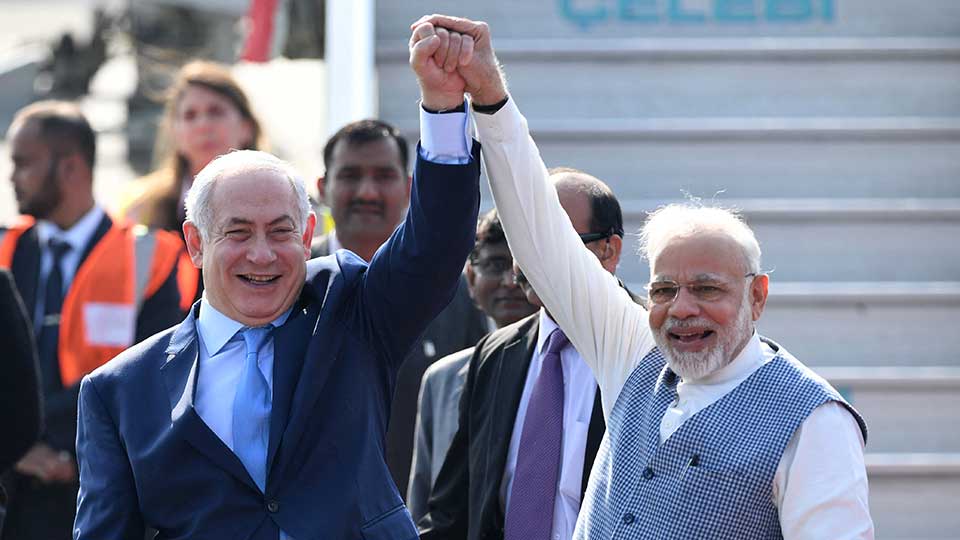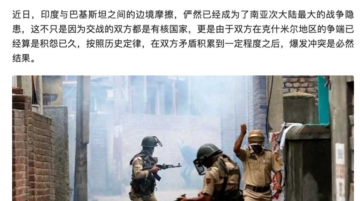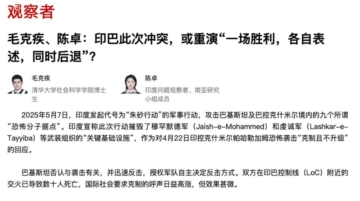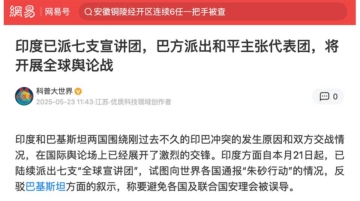
Amid the ongoing Israel-Iran conflict, a WeChat account called South Asia Research Bulletin published a translated and annotated version of an article originally written by journalist Mohammad Asif Khan for The Electronic Intifada, titled “India’s sinister alliance with Israel” (June 7, 2024). The Chinese version was published under the headline “The Dangerous India-Israel Alliance: Does India Want to Become a Second Israel?”
Timed to coincide with intensifying debates in Chinese media around the geopolitical fallout of the Israel-Iran clashes, the translation is accompanied by a strongly worded editor’s note. It frames the India-Israel partnership as not merely a matter of arms trade or regional security but a deeper ideological convergence between Zionism and Hindu nationalism—two settler-colonial models of control, surveillance, and ethnic exclusion.
The article details India’s growing military dependence on Israeli technology, such as the Harop loitering munition drones and the Barak-8 missile defense system, and documents how Indian weapons shipments—some routed via Adani Group—are reaching Israel amid its bombardment of Gaza. The translation also underscores how Israel’s strategies of occupation are inspiring India’s policies in Kashmir, with Indian officials and scholars openly suggesting adopting “Israel-style” settlement policies in the contested region.
Ironically, as the editorial note laments, India was once a leading voice in support of Palestine. That a nation once rooted in anti-colonial solidarity now supports a state accused of genocide, the editors argue, represents a profound moral and historical reversal.







